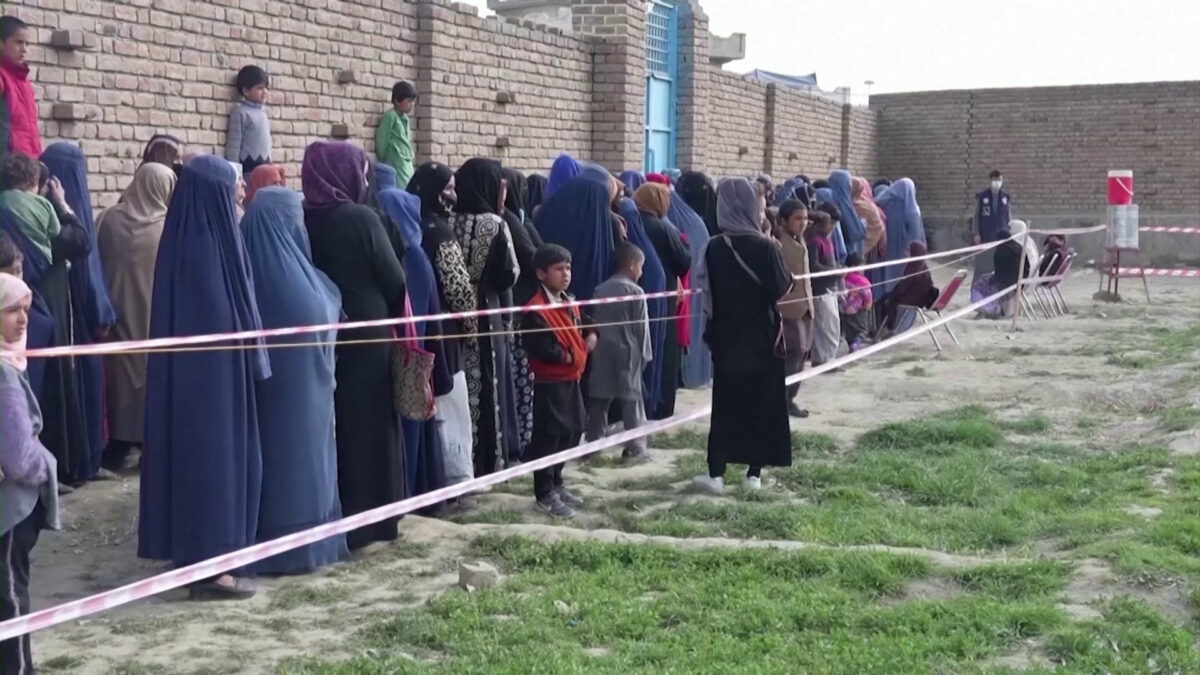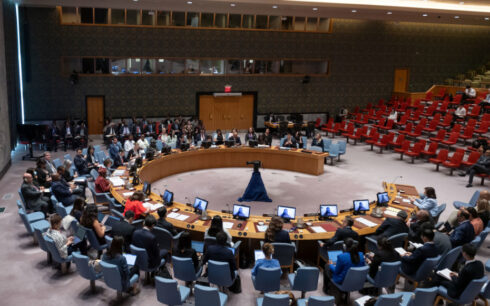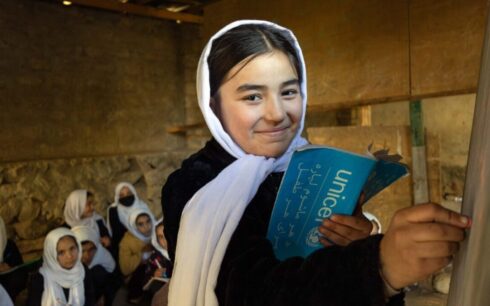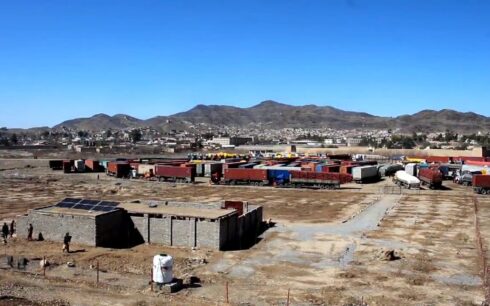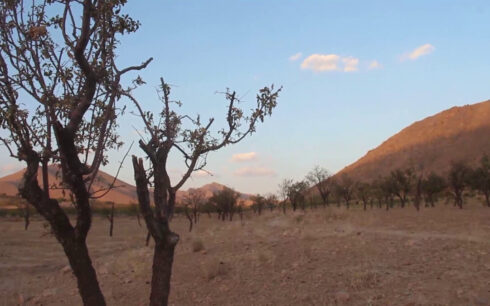Thousands of families are struggling to meet their daily needs as aid organizations drastically cut back on assistance due to a severe funding shortfall.
Amu reached out to a vulnerable family in Jawzjan. Zahra and Juma Khan are both blind and have four children.
The couple expressed their frustration and said if they are not provided with assistance, they will not have food.
“I am blind and I am 90 years old. I can’t work. No one is asking about our situation,” Juma said.
Many humanitarian organizations including the UN’s OCHA have raised the alarm over cutting aid, especially ahead of winter.
The Jawzjan family said corruption played a role in their area and that aid was not reaching the people most in need. They accuse local Taliban officials of not distributing the aid fairly. According to the family, they have received assistance once in the past two years.
“They provide assistance to their relatives or to someone they know but when we go to get assistance, they say the aid is finished and they mistreat us,” Zahra said.
Jamila, Zahra’s daughter, called on the Taliban to help them.
“Our father and mother are both blind. We ask the government [Taliban] to help us,” she said.
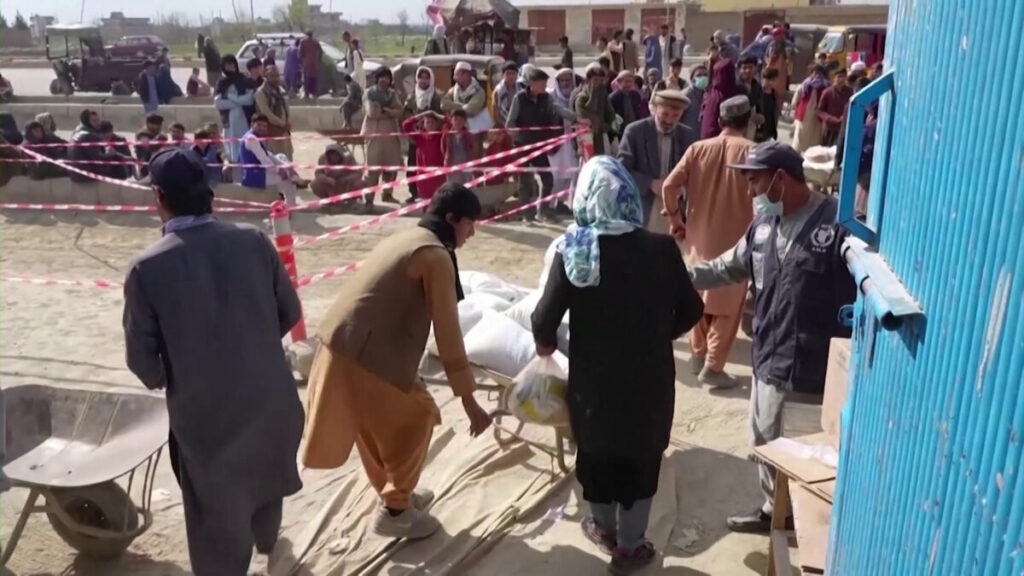
As the Taliban continues to roll out policies of repression against women and girls in Afghanistan, including a ban on women working for NGOs, international assistance has started drying up.
The US Department of State and Special Inspector General for Afghanistan Reconstruction (SIGAR) earlier voiced concerns over the Taliban’s interference with the aid process.
Anisa, another resident of Jawzjan said that the distribution of assistance is unfair.
“The distribution of international humanitarian assistance is not fair. They provide assistance to their relatives and those who are poor, are not receiving aid,” she said.
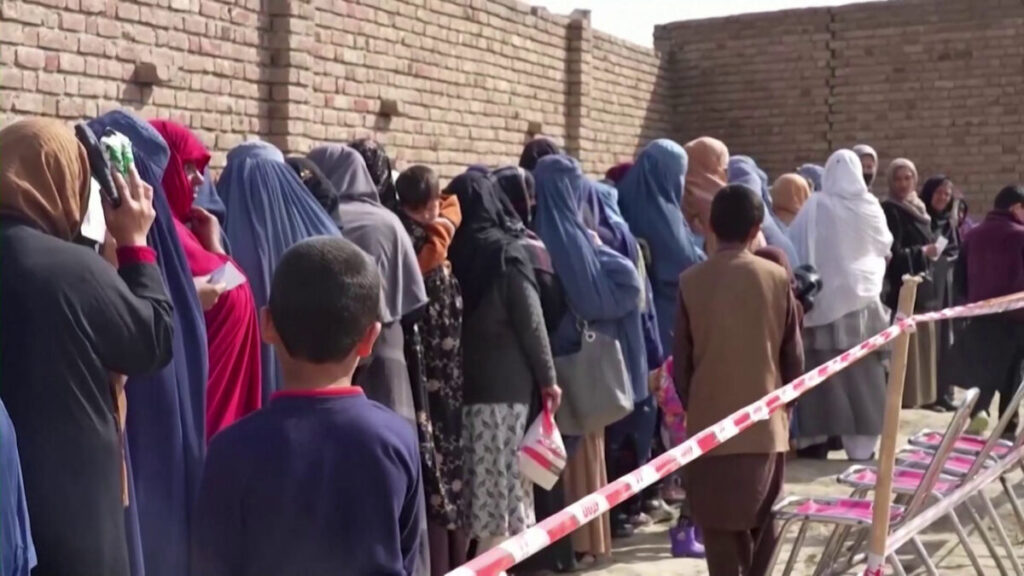
The World Food Program in Afghanistan announced recently that it was forced to cut another two million “hungry people from food assistance” in September, bringing to 10 million the number of people cut off from its support this year.
But with winter fast approaching, the number of people in need is expected to rise as people in Afghanistan battle through the ongoing humanitarian crisis.

